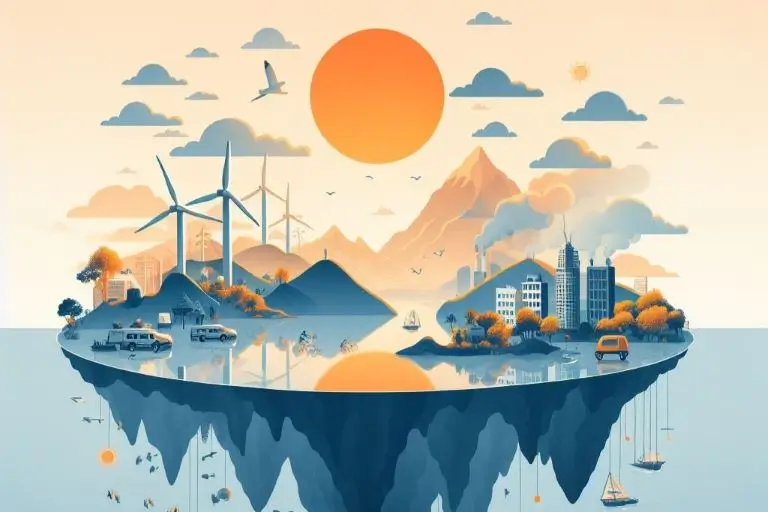In the face of escalating environmental challenges, the call for sustainable solutions has never been more urgent. From the destruction of natural habitats to the looming threat of climate change, our planet stands at a crossroads, demanding collective action and innovative thinking to safeguard its future.
As we navigate the complexities of the modern world, the interplay between human activity and environmental well-being has become increasingly apparent. From industrial emissions to deforestation, the footprint of human civilization leaves an indelible mark on the delicate balance of nature. However, within this daunting landscape, there exists a glimmer of hope: the potential for transformative change driven by a shared commitment to sustainability.
One of the most pressing issues facing our planet today is the relentless march of climate change. Rising global temperatures, extreme weather events, and shifting ecosystems serve as stark reminders of the consequences of unchecked carbon emissions. To combat this existential threat, nations around the world are rallying behind ambitious climate goals, embracing renewable energy, and adopting sustainable practices across sectors.
Innovations in renewable energy offer a beacon of hope in the quest for a carbon-neutral future. From wind and solar to hydro and geothermal, the renewable energy revolution is reshaping the global energy landscape, offering cleaner, more sustainable alternatives to fossil fuels. By harnessing the power of the sun, wind, and water, we can reduce our reliance on finite resources and mitigate the impact of climate change on future generations.
Yet, the transition to a sustainable future extends beyond energy production alone. It requires a fundamental shift in our approach to consumption, waste management, and resource utilization. From reducing single-use plastics to promoting circular economies, sustainable practices offer a blueprint for a more harmonious relationship between humanity and the natural world.
Moreover, the conservation of biodiversity stands as a cornerstone of environmental stewardship. The rich tapestry of life that inhabits our planet faces unprecedented threats from habitat destruction, pollution, and climate change. By preserving critical habitats, combating illegal wildlife trade, and promoting sustainable land management practices, we can safeguard the diversity of life that sustains ecosystems and enriches our shared heritage.
Education and advocacy play pivotal roles in driving meaningful change on both local and global scales. By raising awareness, fostering dialogue, and empowering communities, we can cultivate a culture of environmental stewardship that transcends borders and generations. From grassroots initiatives to international collaborations, the pursuit of sustainability unites us in a common cause, transcending differences and inspiring hope for a brighter tomorrow.
As we stand on the precipice of a new era, the choices we make today will shape the world of tomorrow. In the face of environmental challenges, we are called upon to embrace the transformative power of sustainability, charting a course towards a future where humanity and nature thrive in harmony. By harnessing the collective wisdom of science, innovation, and compassion, we can create a world where environmental sustainability is not merely a goal but a shared reality for generations to come.
In conclusion, the path to environmental harmony is paved with challenges, but also with boundless opportunities for positive change. Through collective action, innovation, and unwavering commitment, we can build a future where the beauty and diversity of our planet are preserved for generations to come. As stewards of this magnificent blue planet, let us heed the call to action and embark on a journey towards a more sustainable and equitable world.
